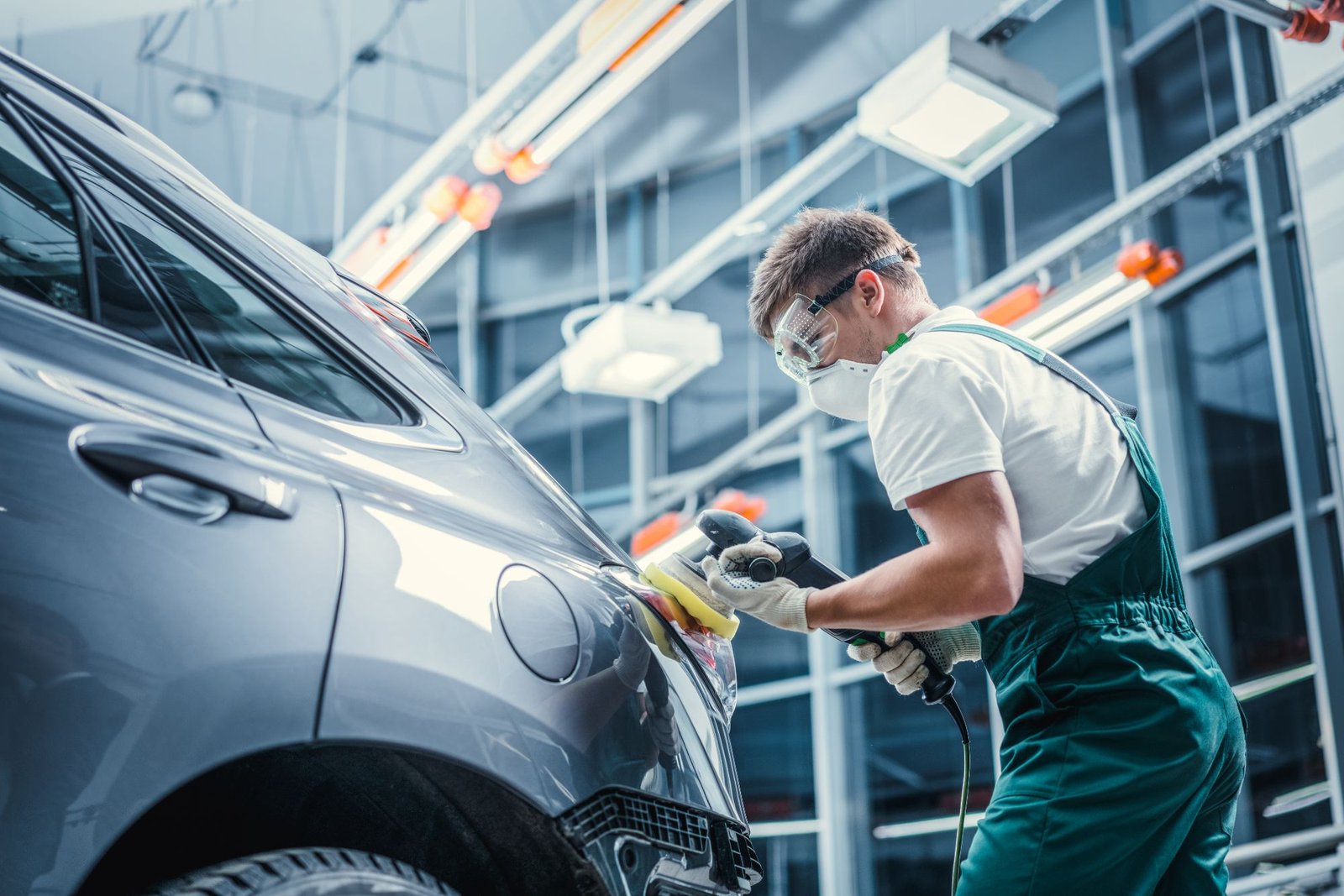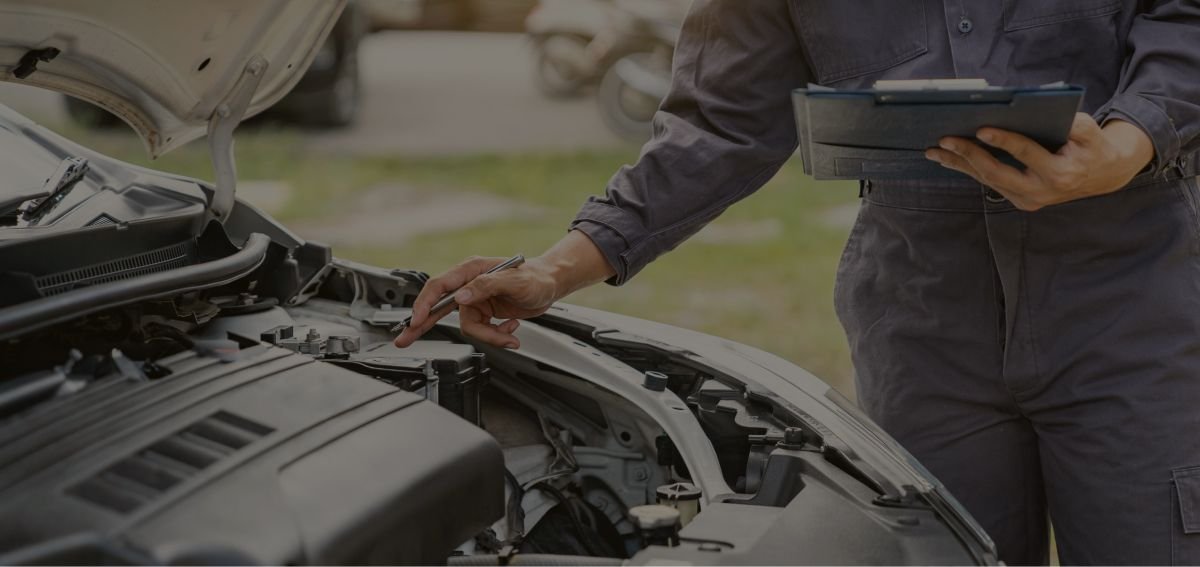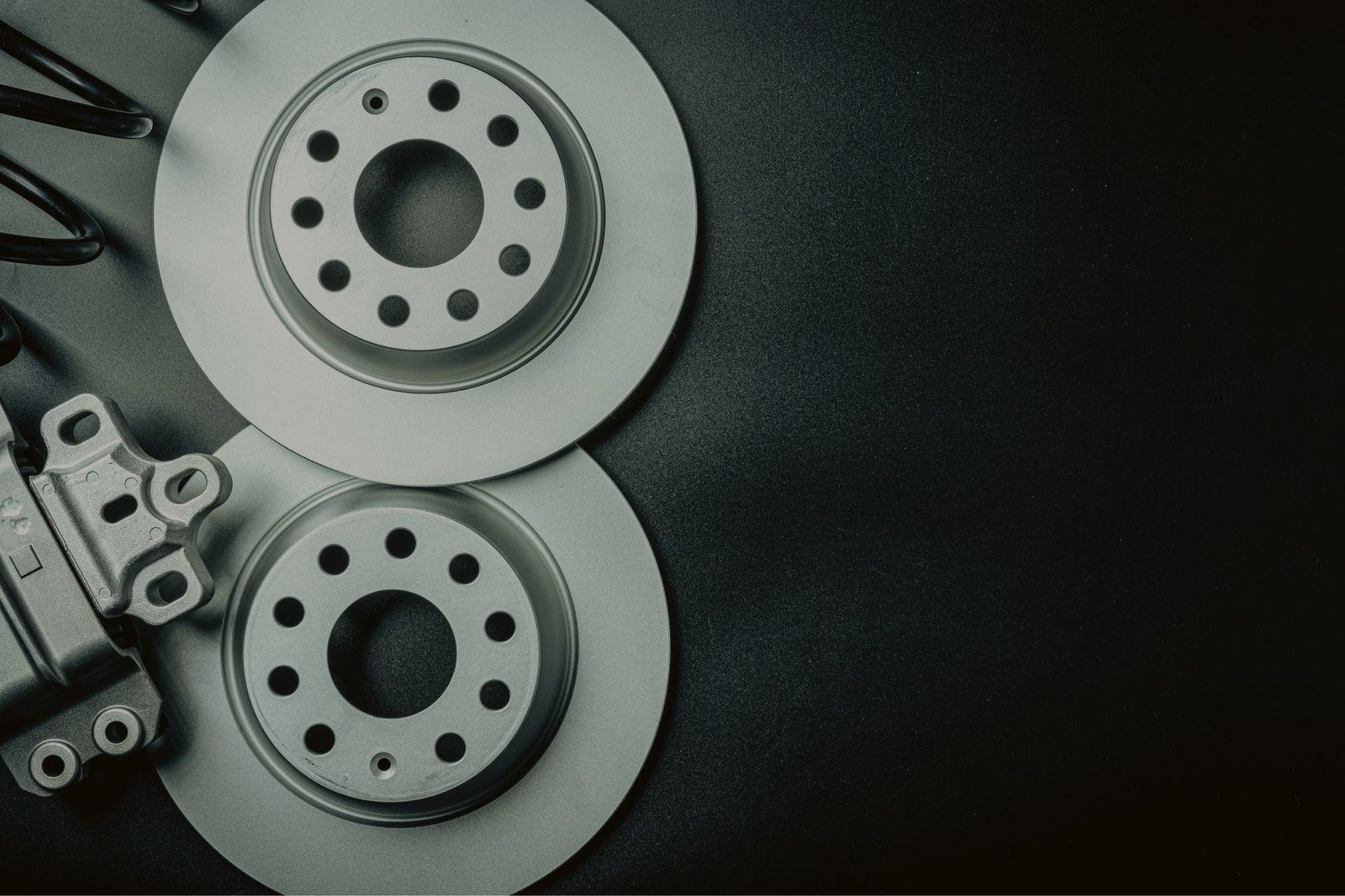
A Beginner’s Guide to Car Repair: What You Need to Know

Embarking on your journey into car repair can be both exciting and daunting. Whether you want to save money on maintenance or simply gain a better understanding of your vehicle, this beginner’s guide provides essential information to help you get started.
1. Understanding Your Vehicle
Before diving into repairs, familiarize yourself with your vehicle’s:
- Owner’s Manual: This essential guide contains information on your car’s specifications, maintenance schedules, and troubleshooting tips.
- Basic Components: Learn about key systems such as the engine, transmission, brakes, and electrical systems. Understanding how these parts work together is crucial for effective repairs.
2. Essential Tools for Car Repair
Having the right tools is essential for any DIY car repair project. Invest in these basic tools:
- Socket Set: A versatile socket set is invaluable for loosening and tightening bolts.
- Wrench Set: Both metric and standard wrenches will help you tackle various nuts and bolts.
- Screwdrivers: A set of flathead and Phillips screwdrivers is necessary for many tasks.
- Pliers: Useful for gripping, twisting, and cutting wires or cables.
- Jack and Jack Stands: Essential for safely lifting your vehicle for undercarriage work.
3. Routine Maintenance Tasks
Regular maintenance can prevent more serious issues down the road. Key tasks include:
- Oil Changes: Learn how to change your oil regularly to keep your engine running smoothly.
- Tire Maintenance: Understand how to check tire pressure, rotate tires, and replace them when worn.
- Brake Inspections: Regularly check brake pads and rotors to ensure safe stopping power.
4. Common Repairs You Can Do Yourself
Start with simple repairs that can boost your confidence:
- Replace Air Filters: A straightforward task that can improve engine performance and fuel efficiency.
- Change Windshield Wipers: Easy to do and essential for maintaining visibility.
- Replace Headlights and Taillights: Most vehicles allow easy access to bulb replacement.
5. Troubleshooting Common Issues
Learning how to troubleshoot can save time and money. Common problems include:
- Engine Won’t Start: Check the battery, starter, and fuel system.
- Overheating: Inspect the coolant level and radiator for leaks.
- Check Engine Light: Use an OBD-II scanner to diagnose the issue and take appropriate action.
6. When to Seek Professional Help
While DIY repairs are rewarding, some issues require professional expertise. Know when to consult a mechanic for:
- Complex Repairs: Major engine or transmission work often needs specialized tools and knowledge.
- Safety Concerns: If a repair impacts safety systems like brakes or steering, it’s best to seek professional assistance.
Latest posts


Top 10 Must-Have Tools for DIY Car Maintenance

How to Identify the Right Replacement Parts for Your Vehicle

Common Car Problems and How to Fix Them
Subscribe
Explore More
Related posts

The latest innovations in auto parts: what you need to know
Sed posuere consectetur est at lobortis lorem ipsum nulla vitae elit libero, a pharetra augue.

How to maintain your vehicle parts for longevity
Sed posuere consectetur est at lobortis lorem ipsum nulla vitae elit libero, a pharetra augue.

Oem parts vs. Aftermarket parts: which is better?
Sed posuere consectetur est at lobortis lorem ipsum nulla vitae elit libero, a pharetra augue.

